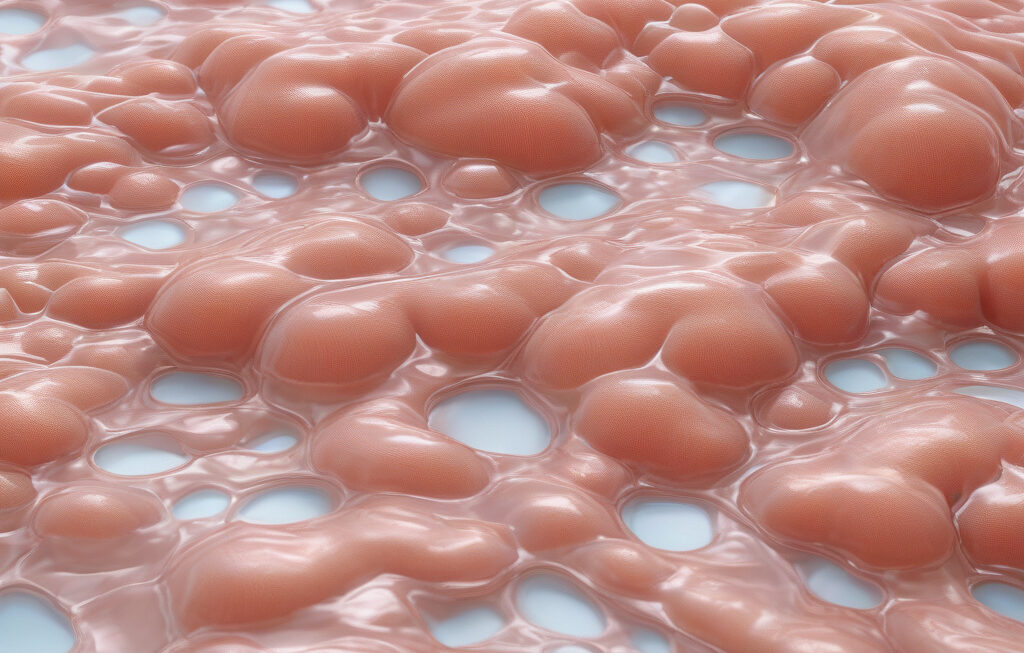EU Greenlights €500m Investment in Chemical Recycling for Plastic Waste
In a significant move towards sustainability, the European Commission has given its nod to a €500 million investment initiative spearheaded by France. This scheme aims to bolster the adoption of chemical recycling, an advanced and innovative method for repurposing plastic waste. The approval of this substantial investment marks a pivotal moment in the fight against plastic pollution and underlines the EU’s commitment to fostering environmental-friendly practices.
Chemical recycling stands out as a promising solution in the realm of waste management, offering a more efficient and eco-conscious approach to dealing with plastic waste. Unlike traditional mechanical recycling, which involves melting down plastics to create new products, chemical recycling breaks down plastic polymers into their molecular components. These components can then be used to produce high-quality plastics that are equivalent to virgin materials. This closed-loop process not only reduces the reliance on fossil fuels for plastic production but also minimizes the accumulation of plastic waste in landfills and oceans.
The €500 million investment scheme will play a crucial role in scaling up chemical recycling infrastructure across Europe. By providing financial support to projects that focus on developing and implementing chemical recycling technologies, the initiative aims to drive innovation in the recycling sector and accelerate the transition towards a circular economy. It will enable businesses to invest in cutting-edge recycling facilities, conduct research on new recycling techniques, and improve the overall efficiency of plastic waste management processes.
One of the key advantages of chemical recycling is its ability to handle complex and contaminated plastic waste that cannot be easily recycled through mechanical means. This includes multilayered plastics, mixed plastics, and plastics that have been soiled or degraded, offering a more inclusive solution for dealing with the diverse range of plastic products in circulation. By broadening the scope of recyclable materials, chemical recycling opens up new possibilities for diverting plastic waste from landfills and incineration plants, ultimately reducing the environmental impact of plastic pollution.
Moreover, chemical recycling has the potential to significantly reduce greenhouse gas emissions associated with plastic production. By converting plastic waste into new raw materials, the process consumes less energy compared to traditional manufacturing methods, leading to a lower carbon footprint. This aligns with the EU’s ambitious climate goals and contributes to the overall transition towards a greener and more sustainable economy.
The approval of the €500 million investment in chemical recycling sends a strong signal to the industry, signaling the importance of investing in innovative solutions to address the plastic waste crisis. It encourages collaboration between governments, businesses, and research institutions to drive forward the development and implementation of cutting-edge recycling technologies. With increased funding and support, the chemical recycling sector is poised to expand rapidly, paving the way for a more efficient, circular approach to plastic waste management.
As countries around the world grapple with the challenges of plastic pollution, initiatives like the EU’s €500 million investment in chemical recycling offer a glimmer of hope for a more sustainable future. By harnessing the power of innovation and technology, we can transform the way we perceive and manage plastic waste, moving towards a circular economy where resources are utilized efficiently and waste is minimized. The approval of this investment marks a significant step towards achieving a cleaner, greener planet for generations to come.
#EU, #ChemicalRecycling, #PlasticWaste, #Sustainability, #CircularEconomy












